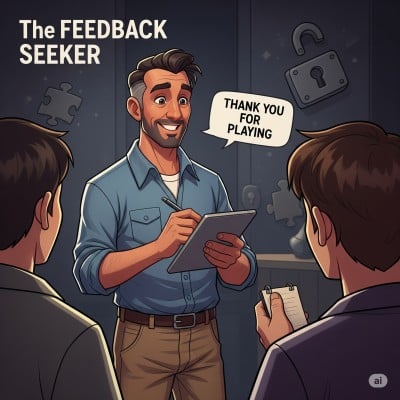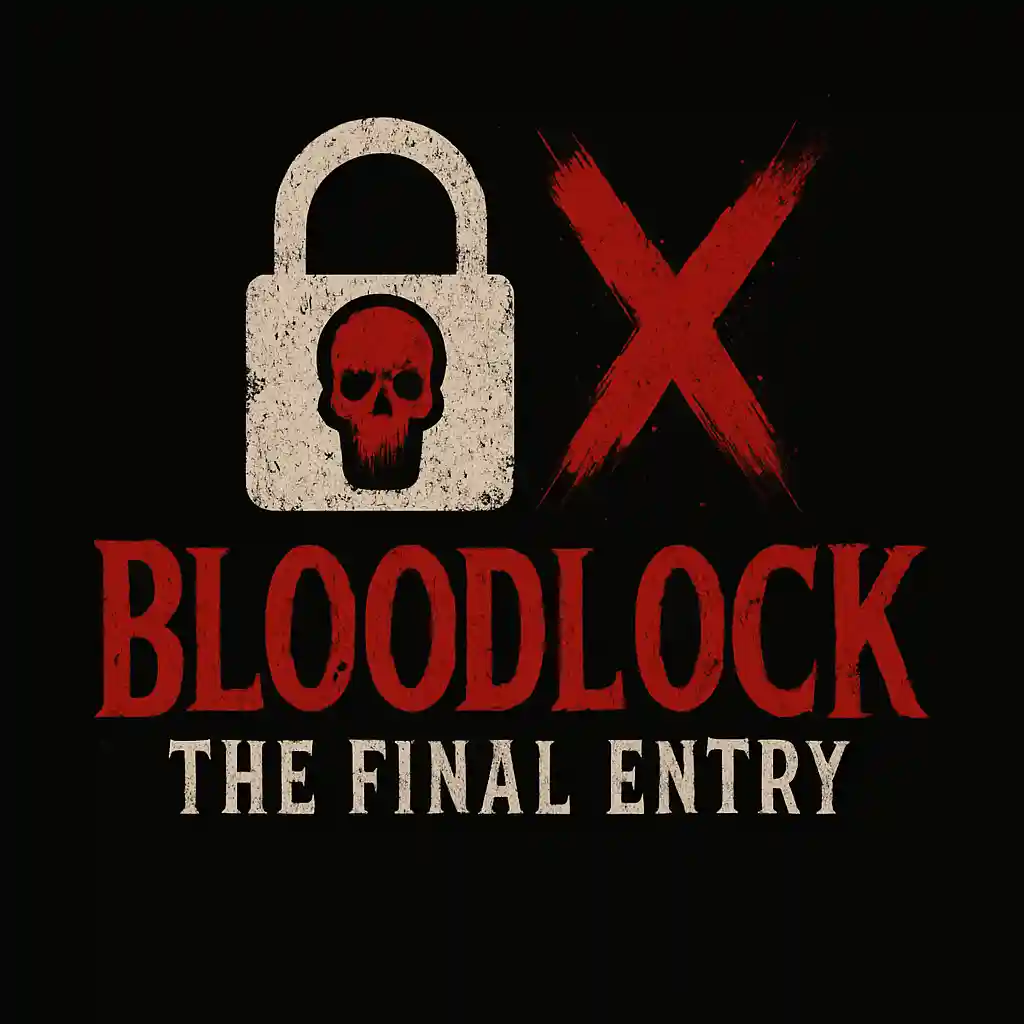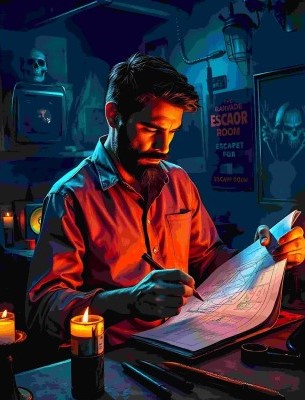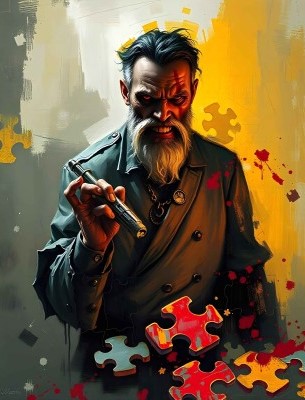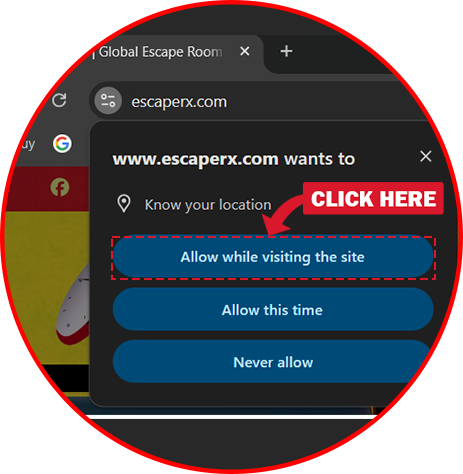The Feedback Seeker can be seen as the true guardian of growth within the escape room industry. While designers, puzzle creators, and technology experts each play an essential role in shaping the environment and mechanics of the experience, it is the Feedback Seeker who ensures that the heartbeat of the escape room the player’s perspective never gets lost in the process 🎭 💬. Without this role, escape rooms risk becoming one-dimensional, relying solely on initial creativity rather than sustained innovation. By intentionally prioritizing the voices of players, the Feedback Seeker guarantees that these experiences remain fresh, dynamic, and deeply engaging 📈 🎉.
What makes the Feedback Seeker unique is their commitment to looking beyond the immediate excitement of a game session 🎭 🌈. Many escape rooms succeed at first because of novel puzzles or impressive set designs, but over time, even the most impressive ideas can lose their impact if they are never adjusted or refined. The Feedback Seeker steps in at this crucial point, acting as a bridge between the creators and the participants. They collect insights, observations, and reactions both the enthusiastic praise and the constructive criticism and translate them into meaningful changes 🌟. In this way, the Feedback Seeker not only helps to solve problems but also uncovers opportunities for future creativity 🔁 😶.
Their role is also an exercise in humility. Escape room designers often pour immense passion, effort, and vision into their work, and it can be challenging to accept that players might see flaws or gaps in the experience 🧩 💔. However, the Feedback Seeker demonstrates that genuine improvement begins with openness 📖 🎯. By encouraging creators to embrace feedback rather than fear it, they help transform critique into a tool for progress rather than a threat to artistic pride. This shift in mindset ensures that escape rooms grow in alignment with the needs and expectations of their audiences, rather than clinging to outdated ideas 💡 🎬.
Equally important is the fact that feedback provides valuable clues about what truly resonates with players. For example, if a majority of participants highlight the emotional impact of a storyline or the cleverness of a particular puzzle, those insights can guide future designs and expansions ⚠ ️ 📈. Similarly, recurring frustrations whether they stem from unclear instructions, overly complex mechanics, or pacing issues become opportunities for refinement. The Feedback Seeker does not simply record these details; they analyze patterns, identify priorities, and advocate for changes that maximize both enjoyment and immersion. In doing so, they ensure that every adjustment is purposeful rather than reactive. 🧠 🔧

